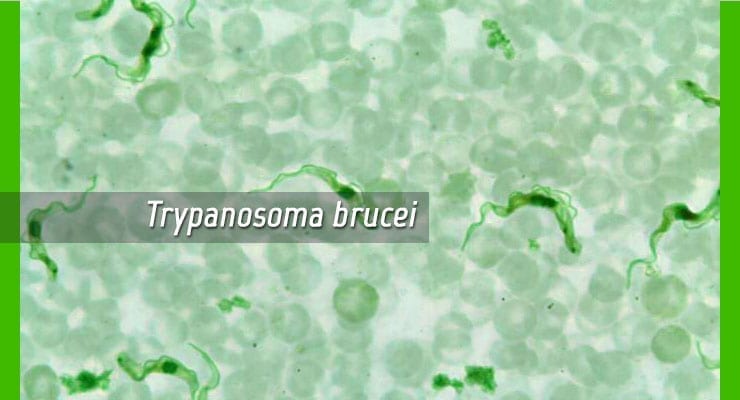
Scientists at the University of Kent have developed a quick and simple diagnostic for the deadly sleeping sickness, Human African Trypanosomiasis (HAT).
The disease is caused by the parasite Trypanosoma brucei gambiense (T.b. gambiense) and spread by the bite of infected tsetse flies. HAT is usually fatal if untreated, with patients falling into a coma before death. Around 5,000 cases are reported each year.
The next generation test was developed by Dr. Barrie Rooney and Professor Mark Smales with colleagues from the University of Kent, and funded by the Biotechnology and Biological Sciences Research Council (BBSRC) to work with international medical charity Medecins Sans Frontieres (MSF).
The team brought the rapid diagnostic test from idea to validation in just 14 months.
“I have been involved with MSF mobile HAT screening teams in central African countries for over 10 years. Traditional testing involves a large team in remote areas doing time consuming microscopic work, and painful lumbar punctures. For this you need electricity and refrigeration,” said Dr. Rooney. “By combining the latest genome databases and old fashioned fermentation techniques we have come up with a fast, simple way of making robust and reliable tests.”
The new tests are designed to be heat stable and user-friendly like a dipstick pregnancy test, overcoming the challenges of diagnostics in remote areas without reliable infrastructure.
“It will be a major improvement for screening and treatment of this deadly disease and speed us on the way to ‘the elimination of sleeping sickness as a public health hazard’ which is a World Health Organisation target,” added Rooney.
The researchers were able to genetically engineer a parasite similar to T.b. gambiense, but which is safe and easy to grow, to produce antigens for HAT. These antigens bind to molecules in blood samples of patients infected with HAT, allowing the disease to be detected.
Rooney traveled in July to the Democratic Republic of the Congo to identify areas where field trials of the new rapid diagnostic test could be carried out, alongside an MSF HAT mobile team conducting screening and treatment.
Although the test has been developed for HAT, the method has potential to develop diagnostics for other similar tropical diseases such as Chagas disease and visceral leishmaniasis.
Read more at PLOS Neglected Tropical Diseases: Expression of Trypanosoma brucei gambiense Antigens in Leishmania tarentolae. Potential for Use in Rapid Serodiagnostic Tests (RDTs).


